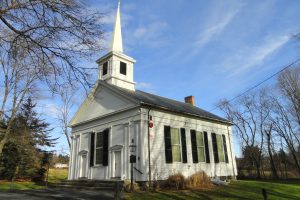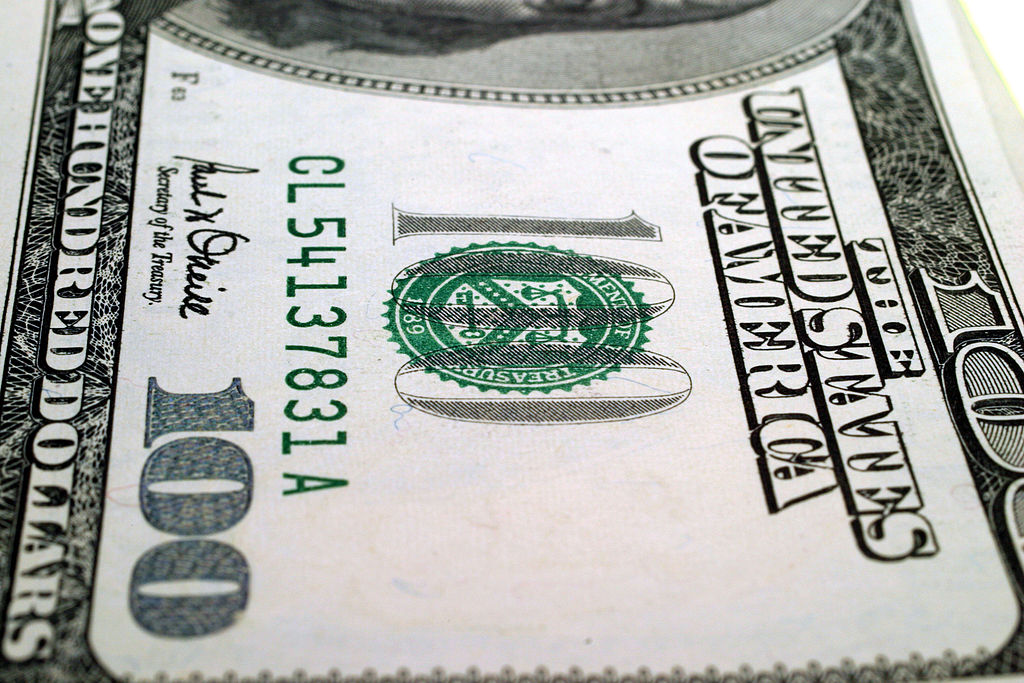AR Lawmakers Looking at Proposal to Tax Churches
 This morning the Arkansas Tax Reform and Relief Task Force met at the Capitol in Little Rock.
This morning the Arkansas Tax Reform and Relief Task Force met at the Capitol in Little Rock.
Among the items on the task force’s agenda is a proposal to tax investments, passive income, and sales by churches.
Under current law, Arkansas does not impose a state tax on interest churches earn investing money in savings accounts or on the sale or rental of church property.
This tax break has been on the books for more than 30 years, but now some lawmakers want to discuss doing away with it.
Charities and churches contribute at least $378 billion to the U.S. economy each year — and possibly much more than that, according to some estimates.
Many churches operate on budgets that are so tight they likely would have to shut their doors if they were taxed at the same rate as for-profit corporations. Our state needs to think twice before increasing the tax burden churches and charities carry.
This isn’t the first tax increase the task force has looked at this year. A few weeks ago the task force voted to move forward with discussions about increasing the state sales tax on groceries and ending Arkansas’ annual back-to-school tax holiday.
Family Council supported efforts to eliminate the grocery tax and worked very hard to help pass legislation creating the tax holiday in 2011.
If you are concerned about the Tax Reform Task Force’s proposal to raise taxes on churches, I encourage you to contact your state representative and state senator. If you need help contacting them, call our office at (501) 375-7000.



 This week the Tax Reform and Relief Legislative Task Force met in Little Rock to discuss sales tax policies in Arkansas. The task force is reviewing possible changes to the state’s tax structure — including changes to tax exemptions in Arkansas.
This week the Tax Reform and Relief Legislative Task Force met in Little Rock to discuss sales tax policies in Arkansas. The task force is reviewing possible changes to the state’s tax structure — including changes to tax exemptions in Arkansas.
 A week before Christmas, consultants for Arkansas’ Tax Reform and Relief Legislative Task Force released
A week before Christmas, consultants for Arkansas’ Tax Reform and Relief Legislative Task Force released